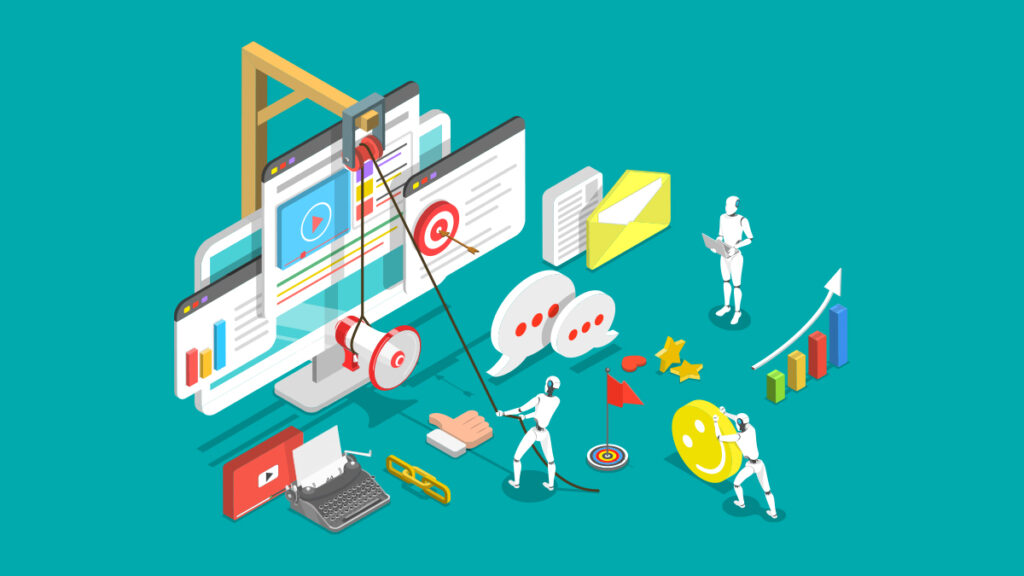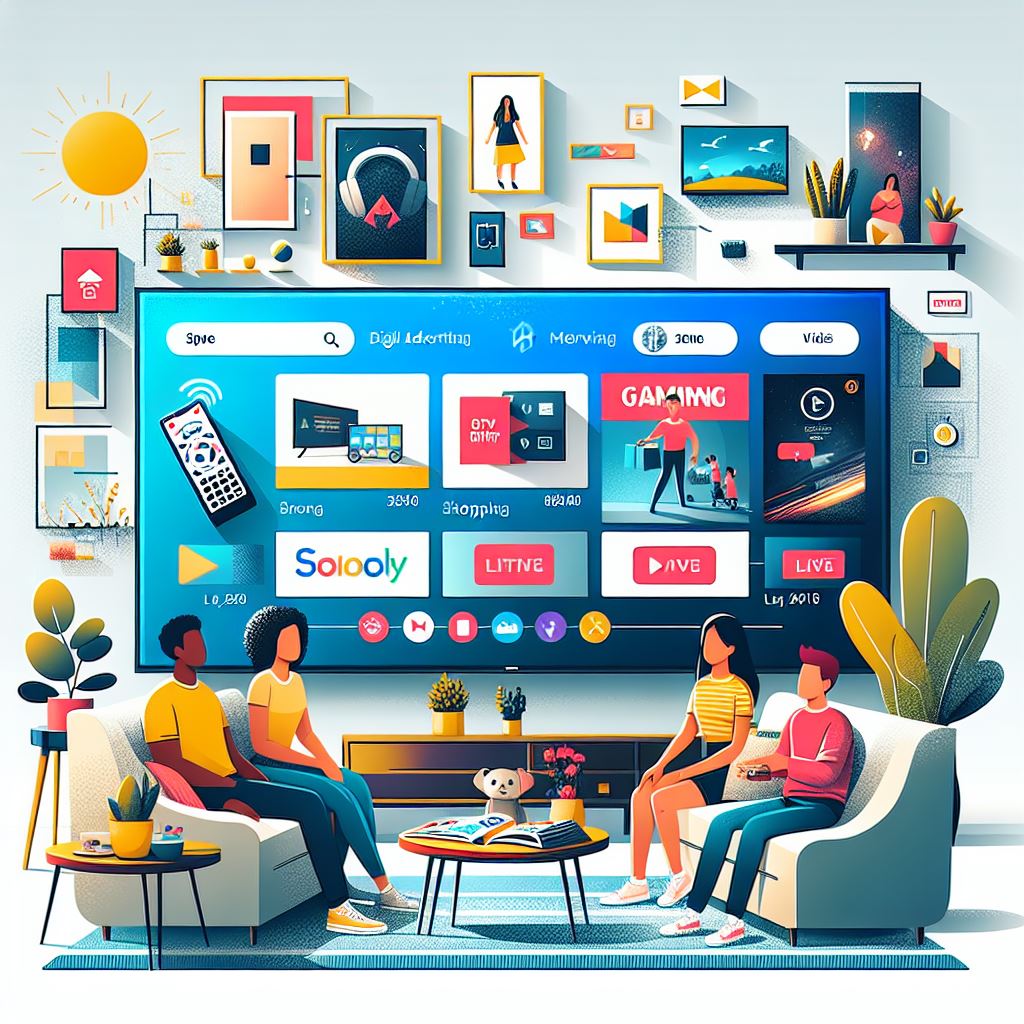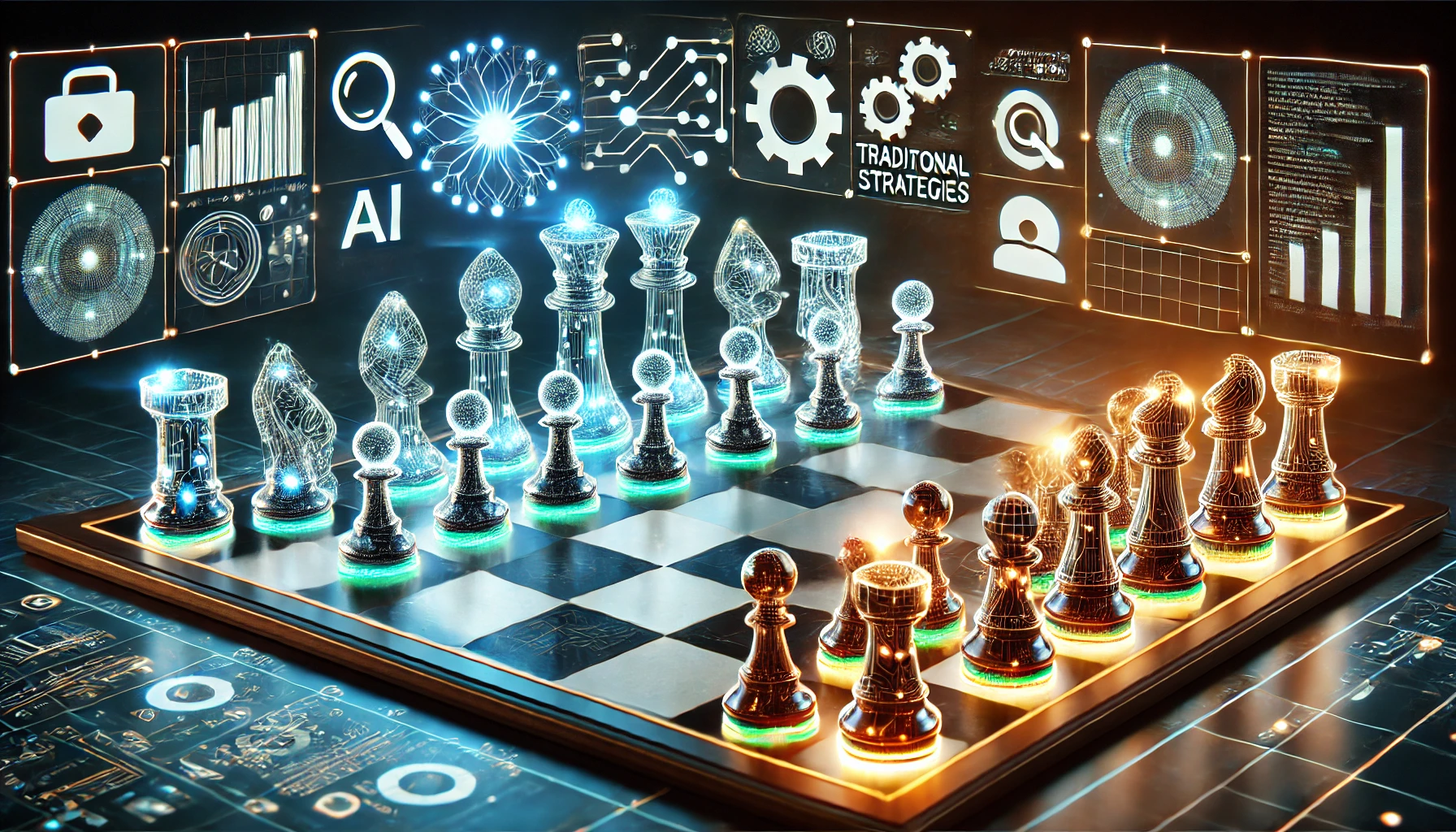While automation was the buzzword for the marketers in 2018-19, orchestration is expected to rule the roost in 2020 for driving customer and revenue generation.
Automation is one of the biggest revolutions in the world of marketing. From improved sales productivity, workflow automation, better revenue, customer retention, to reduced marketing overheads, the benefits of automation are too big to avoid. Especially, in this age of cut-throat competition, marketing automation is something that could help you have an edge.
But the extensiveness of the benefits or the popularity of marketing automation has reached to an extent where every other business is now using the tools, solutions, platforms, and services that could help them automate their marketing endeavors.
In other words, between 2018 and 2019, marketing automation has somewhat lost its novelty. While businesses are still abundantly investing in automation to achieve their marketing goals, the results would mostly be not as impressive as what they would have been a couple of years ago.
As a result, several modern marketers are now moving towards orchestration for driving customer and revenue generation in 2020.
Why This Shift from Automation to Orchestration?
Marketing automation mostly relies on a set of rules. It is based on these rules that the marketing tool or platform selects the message or content that needs to be sent to a particular contact. But these pre-set rules pose two significant challenges-
- Inadequate understanding of complex buyer journeys- The abundance of data and information has made buyer journeys more complex in the last few years.
Buyers now have a plethora of options and easy access to unlimited information to help them make the buying decision. This complexity in the buyer journey is what makes the pre-set rules of automation systems inadequate.
- Changing contexts cannot be readily adopted- Marketing automation is not adaptive in nature. Once the rules are set, and the system is initiated, it will continue working on the same set of rules unless you manually deactivate the system, make changes, and activate it again.
With buyers, their needs, and interests consistently evolving, this inability of automation systems to readily adopt the changes impacts the outcome of the marketing initiatives.
How Can Orchestration Help?
While orchestration too, has automation at the core, it takes it a significant step further with the help of advanced intelligence. Rather than focusing on delivering individual or standalone campaigns, orchestration optimizes cross-channel interactions, which, when combined, can help deliver a personalized experience to the buyers.
Marketing orchestration does not require you to adopt newer tactics or strategies but rather optimize the ones that are currently being used by adding new levels of intelligence. Some popular orchestration strategies used by marketers are as follows-
- Data unification to improve activation and engagement across the current marketing channels
- Using machine learning and AI for programmatic and predictive marketing
- Creating connected experiences to offer a unique personalized experience to the buyers
Marketing and Orchestration in 2020
It is with the help of orchestration that marketers can create a marketing experience that effectively represents their brand, product, or organization in 2020. With the buyers evolving continuously, the traditional automation methods are no longer as effective as they used to be.
But when combined with orchestration, the same automation tactics can help marketers find new customers, retain the existing ones, and generate better revenue.





